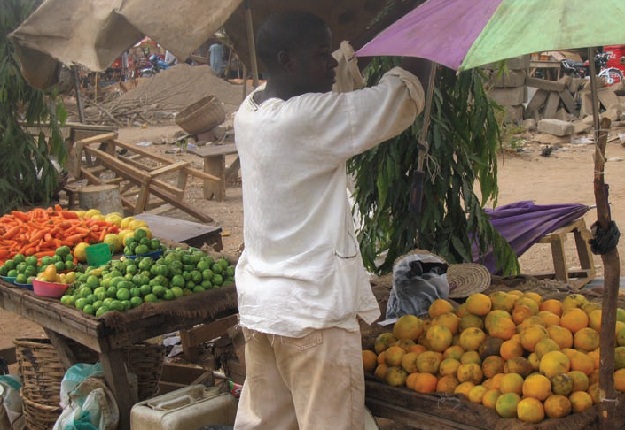
The World Economic Forum (WEF) on Africa, now in its 24th year, has taken the relatively bold step of staging this year’s talking-shop extravaganza in Abuja, the capital of Nigeria.
Over the years, the WEF’s global event held each year in Davos, Switzerland, has acquired a gravitas that turns even the United Nations green with envy. The WEF not only plays in the global conference premier league, it is regarded by some as the premier league all by itself. So its regional forums, too, cannot be allowed to lower the standards. They tend to be the best organised, the biggest and the most publicised annual events in the region. Even national presidents have been known to mention on their CV a speech made, a discussion entered into or even a point raised by them during a WEF session.
The remotest possibility of anything going wrong during a WEF event is enough to turn hairs grey at the forum’s organisational heart in Cologny, Geneva. Until 2009, WEF Africa was held in Cape Town, which had proved its ability to host major events without a hitch over and over again since the ending of apartheid. Cape Town, in terms of organisation and security, was world class and it could be depended on to deliver a very high quality product.
But as the event gained in status around the continent, the clamour to hold it in other African countries began to grow uncomfortably louder. Finally, the organisers mustered enough courage to move it out of South Africa and held it in Tanzania in 2010. It was a big success and a victory for ‘Africa proper’ (Cape Town’s CBD is more attractive and better developed than most European centres).
Emboldened, the organisers held the 2012 event in the capital of Ethiopia, Addis Ababa. The character of the conference changed a little to allow more time for heads of state and academics to make their presentations while the private sector, the soul of the WEF, had to play second fiddle at least early in the piece. Organisation on the ground was never going to be a problem as Addis seems to host conferences for more days of the week than it does not.
During all this time, Nigeria has been champing at the bit and wondering when the event would come to the ‘giant of Africa’. For many Nigerians it was galling that Tanzania, whose GDP is a fraction of Nigeria’s, should be considered right for an event of such global stature while their country was ignored. Arguments that while Nigeria may be Africa’s largest Sub-Saharan economy, it is not exactly the easiest or most pleasant country in Africa in which to operate, fell on deaf ears. There is no way you can convince a Nigerian than anybody anywhere can do anything better than a Nigerian.
Now Nigeria has the chance to show the world what it has been missing. One thing is certain WEF 2014 in Abuja will be unmistakably Nigerian. It will probably also have more vigour, energy and controversy than earlier events. Around 1,000 people are expected to attend, but there will be many more – no self-respecting Nigerian will allow this opportunity to pass by without making a determined effort to be there and to be seen to be there. With elections scheduled for next year, the political temperature is already at boiling point and the opportunity to grandstand during WEF will be irresistible.
There will be the mother of all parties and the scramble to take the stage and be heard will be fierce. If the likes of the erstwhile governor of the Central Bank, Lamido Sanusi, are allowed to take the floor, expect fireworks and counter fire. I am willing to bet that at some point there will be an organisational cock-up, but I am also willing to bet double that this is one WEF that will live longest in people’s memories.





